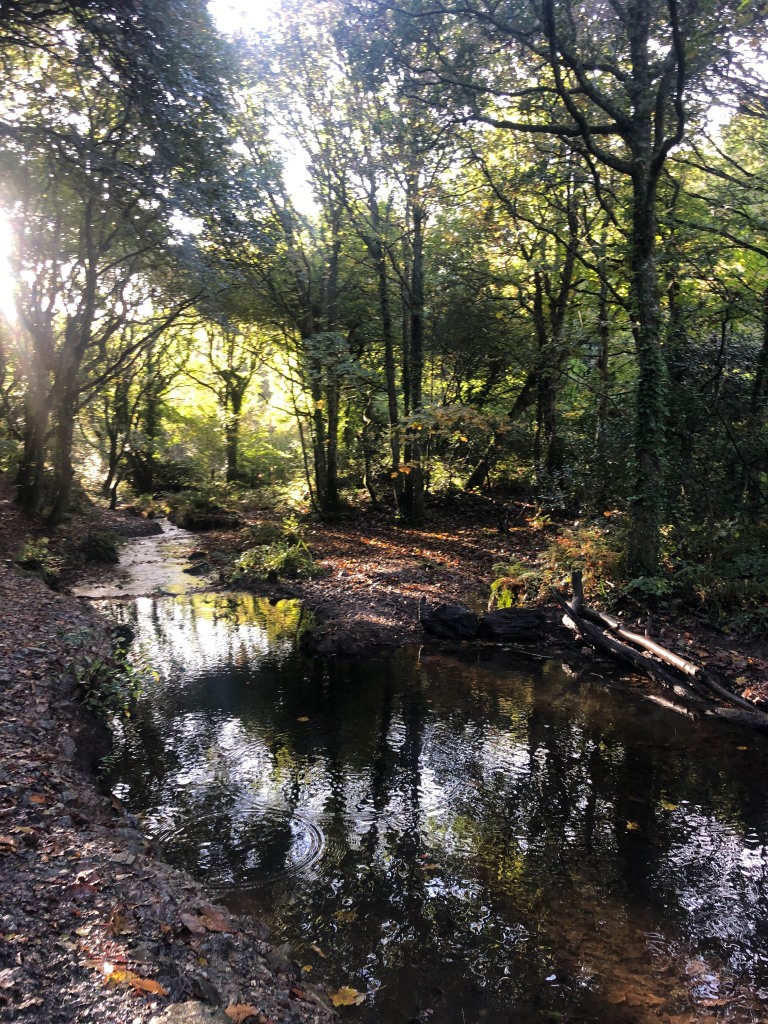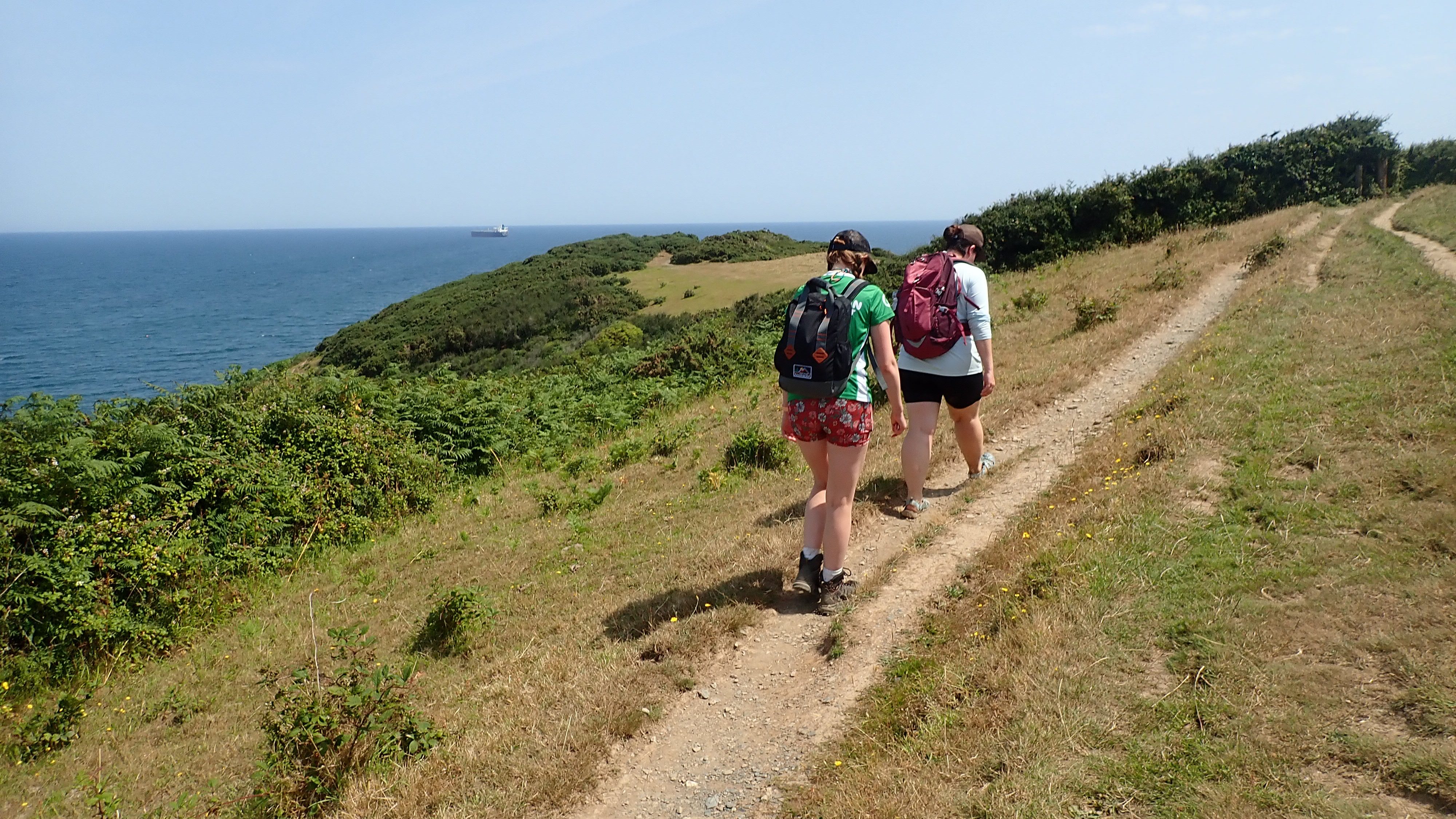The latest paper from the now completed BlueHealth project has been published Open Access in the journal Scientific Reports. The findings provide valuable insights into how different aspects of blue space visits can influence people’s reported mental well-being.
Ecosystem services (ESS) are the contributions to individuals and society that result from the natural environment and from healthy ecosystem processes. We utilised a framework, developed by co-author Greg Bratman and colleagues, which integrates mental health and well-being into the analysis of ecosystem services.
Traditionally, ecosystem services has mainly focussed on material benefits, such as food, carbon capture and flood mitigation, provided by the natural environment. However, this framework expands the concept to include “psychological ecosystem services,” which encompasses the mental well-being benefits derived from nature. This study is one of the first attempts to quantify these benefits in ways that can be combined with the other benefits nature provides us so that recreational experiences can be valued and protected.
We focused on people’s most recent recreational visit to ‘bluespace’ environments as a case study of an ecosystem-mental health interaction. Blue spaces are defined as outdoor environments, either natural or manmade, that prominently feature water and are accessible to people.
To examine the interaction between ecosystems and mental health, we analyzed data from the BlueHealth International Survey, which involved nearly 19,000 participants from 18 countries. This study specifically looked at individuals who reported visiting blue spaces within the four weeks before the survey, amounting to nearly 15,000 people. Factors such as the type and quality of the blue space, the duration of the visit, and the activities and companions involved were considered in the analysis.
Considering the importance of biodiversity in ecosystem services frameworks and its relatively unknown impact on mental health, we also explored the relationship between wildlife presence and visit satisfaction for different bluespace types.
The study revealed that several factors influenced the mental well-being outcomes of blue space visits. Visits to nearby coastal areas and rural rivers were associated with better subjective mental well-being. Furthermore, visits perceived as safe and featuring excellent water quality showed strong positive relationships with mental well-being. The duration of the visit also played a significant role, as longer visits resulted in improved well-being outcomes. The activities that people engage in are important too, with the largest benefits to mental well-being linked to playing with children, socialising, and walking. Moreover, the presence of wildlife had varying effects on visit satisfaction, depending on the type of blue space.
There are several mechanisms which potentially explain the beneficial effects of visiting blue spaces on mental health and well-being. We found that respondents were using blue spaces for both physical activity and social interaction; and that playing with children and socialising were associated with particularly high levels of well-being.
Our finding that coastal environments are particularly beneficial adds to the body of evidence linking coastal environments with health and well-being and suggests this is consistent across many countries. Previous research has found that people who live nearer to blue spaces tend to visit more often than those living further away. Here, we found that shorter travel times also predict well-being from a single visit, highlighting the importance of having equitable access to good quality natural environments near to people’s homes.
Overall, this study demonstrates the usefulness of the ecosystem services framework in understanding how nature impacts the mental health and well-being of individuals. We highlight the complexity of mental well-being outcomes associated with different aspects of visits to blue spaces. Utilising the framework informed an exploration of these complexities in a structured way. While the positive effects of nature exposure on health and well-being are increasingly recognised, not all visits yield the same benefits. A range of environmental, visit and travel characteristics, as well as socio-demographic attributes, were all found to predict mental well-being outcomes.
You can read the full paper at https://www.nature.com/articles/s41598-023-28544-w


